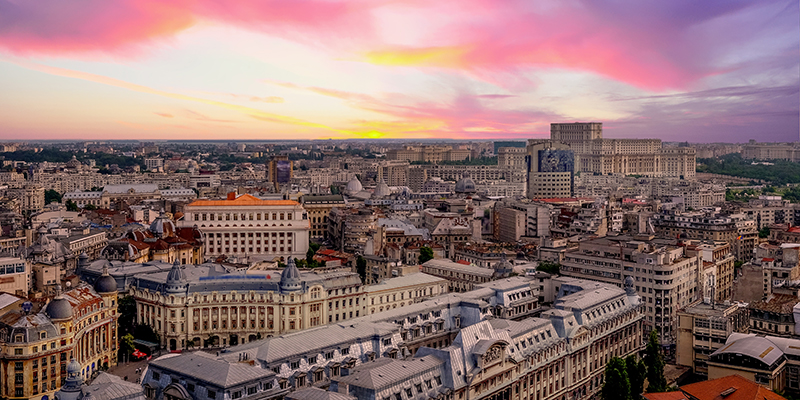
What are some of the common causes of investor-treaty disputes in Romania? What role are bilateral and multilateral investment treaties playing?
In 2019, net foreign investment (FDI) in Romania totalled $3.5bn. A cheap and skilled labour force, low taxes, a liberal labour code and a favourable geographical location are Romania's main advantages for foreign investors. investors mainly come from the Netherlands, Germany, Austria, Italy and Cyprus. The main sectors for investment are manufacturing, construction and real estate, trade, financial intermediation and insurance. However, corruption is perceived to be a problem, including the government's reported inability to make good use of European Union (EU) financial support, leading some investors to complain of political instability and legislative unpredictability, and concern about a lack of judicial independence.
This article was originally published in Financial Worldwide Magazine.
